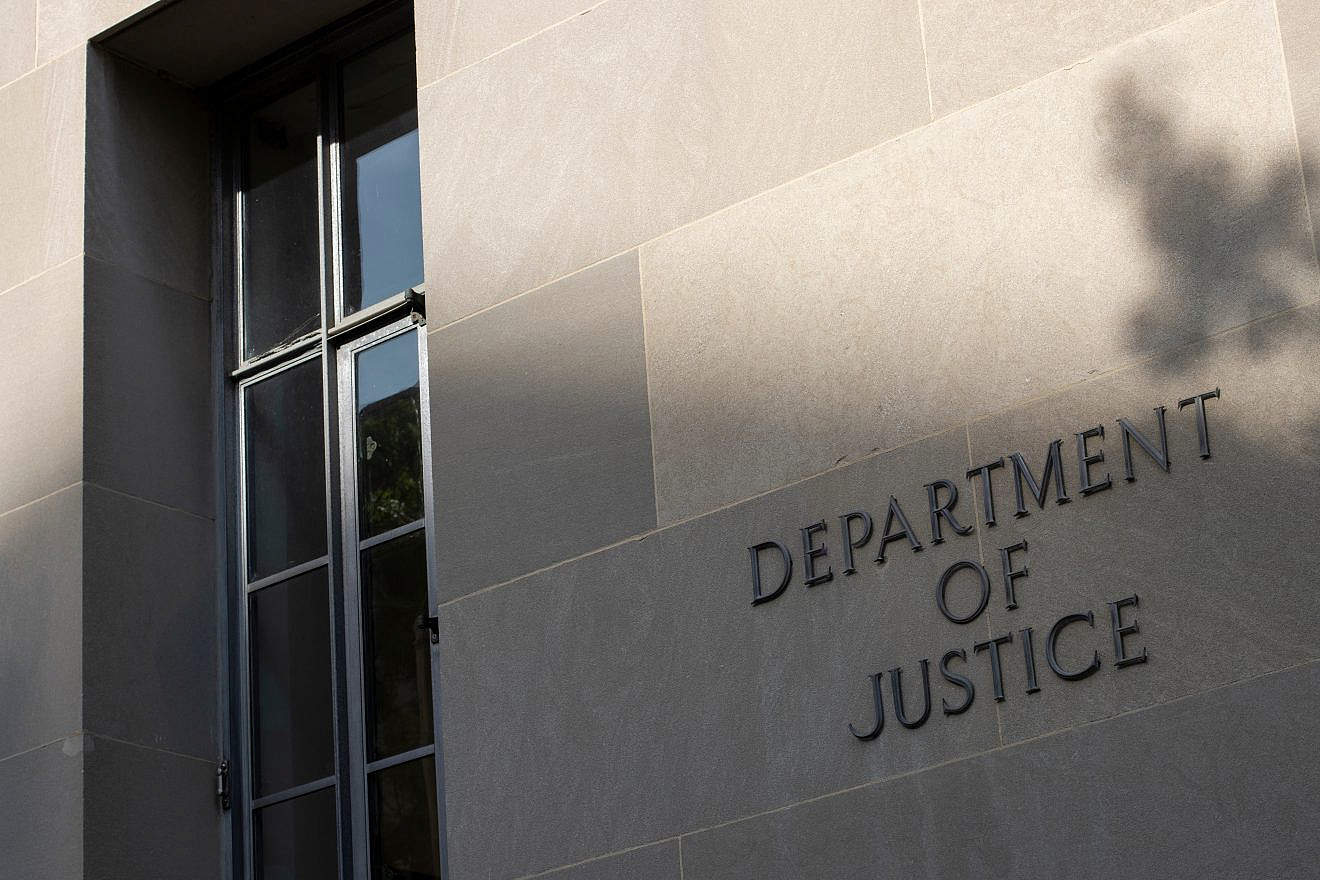The U.S. Department of Education (DOE) has announced that it has finally concluded two of its many pending investigations into Title VI violations of the rights of Jewish students. These investigations were prompted by the plethora of antisemitic incidents on college campuses since the Oct. 7 massacre.
Despite determining that the City University of New York (CUNY) and the University of Michigan failed to protect Jewish students against prohibited antisemitic conduct, which violates Title VI of the 1964 Civil Rights Act, DOE imposed no tangible consequences.
DOE’s investigation, led by its Office of Civil Rights (OCR) against CUNY found discrimination and antisemitic harassment committed by employees and students. This created a hostile environment for students of Jewish ancestry, ongoing since 2019. OCR also identified system-wide concerns at CUNY regarding the fulfillment of CUNY’s federal nondiscrimination obligations.
The responses of the two universities were a study in avoidance of responsibility. CUNY reached an agreement with the DOE to improve training about antisemitism and reevaluate past allegations of antisemitism—nothing more. The University of Michigan explicitly pointed out that it made no admission of guilt.
Yet Catherine Lhamon, the head of OCR, reportedly said she was “astounded” by the antisemitic incidents she had seen since Oct. 7. She noted, “Our staff are now carrying in excess of 50 cases a person and that is an untenable caseload.”
So, we must ask: Why isn’t the Department of Justice (DOJ) helping in these investigations? Isn’t that its job?
Moreover, why was DOJ not involved in the CUNY and University of Michigan cases and the settlements reached?
In its Title VI Legal Manual, DOJ is expressly charged “to coordinate the implementation and enforcement by Executive agencies” of Title VI. This includes “consistent and effective implementation.” Since violations of Title VI implicate the federal funding of the offender, DOJ is also responsible for oversight and coordination, including among the various agencies involved.
DOJ is the legal arm that enforces Title VI in the courts. This is particularly relevant because it would appear that DOE unceremoniously skirted any legal consequences or enforcement mechanism despite its finding of violations.
Many will remember the tough consent orders, penalty provisions and enforcement mechanisms—including federal monitors—that were characteristic of DOJ settlements of claims under the 1964 Civil Rights Act regarding police departments. Why does the DOJ not employ such measures against systemic discrimination and other violations of Title VI against Jews on campus? Isn’t it time to invoke the right to terminate federal funding in response to Title VI violations?
In the meantime, there have been numerous private legal actions filed that seek genuine relief. The real world recognizes the absurdity of trying to substitute mere activity for accomplishment. It is poignant to note that not only were real issues of antisemitism, harassment, intimidation and hostile learning environments for Jews not addressed by DOE, they were not even explicitly acknowledged by the universities responsible for these profound violations.
The question is: why not?
Several members of Congress recognized that this was a problem. Rep. Claudia Tenney (R-N.Y.) sent a letter on the issue, dated May 6, to Kristen Clarke, the assistant attorney general in charge of the Civil Rights Division at DOJ. It was co-signed by Reps. Elise Stefanik (R-N.Y.), Mike Lawler (R-N.Y.), Keith Self (R-Tex.) and Bill Posey (R-Fla.). The letter noted that Clarke has a duty to investigate and enforce the law against protestors at Columbia University after DOE completes its investigation.
Yet given her extensive connections to well-known antisemites and strong ties to Columbia University that extend far beyond those of a traditional alumna—including being slated as the graduation speaker for Columbia Law School—the congresspeople were concerned about her impartiality. They questioned her ability to investigate the Title VI violations properly, posed several probing questions and demanded answers.
It appears that DOJ’s response is to remain uninvolved. However, bringing no actions to enforce Title VI against campus antisemitism is not a solution. DOJ must step up and perform its sacred duty. If Clarke cannot or will not do so, Attorney General Merrick Garland must step in and fill the gap.
But I remember when the issue of Clarke’s possible bias was raised in Garland’s confirmation hearing. He defended her. Moreover, a recent ethics complaint reportedly filed against Clarke, which raised issues that arose during her own confirmation hearing, cannot be allowed to prevent DOJ from playing its essential role under Title VI.
Worse still, DOJ has not announced that legal action will be taken against those who violently prevented access by Jews to the Adas Synagogue on Pico Boulevard in Los Angeles on June 23.
President Joe Biden specifically condemned the incident, expressing how appalled he was by the scenes outside the synagogue and noting, “Intimidating Jewish congregants is dangerous, unconscionable, antisemitic and un-American.” He added, “Americans have a right to peaceful protest. But blocking access to a house of worship—and engaging in violence—is never acceptable.”
Blocking access to a house of worship like a synagogue is a violation of Federal Law (18 USC 248). Where are DOJ and the Civil Rights Division charged with enforcing this law?
They appear to be dormant when it comes to antisemitism and Jewish civil rights. The Biden administration must remedy this situation. The fate of American Jewry hangs in the balance.


























